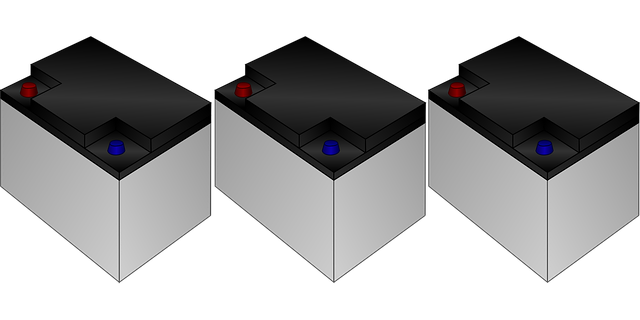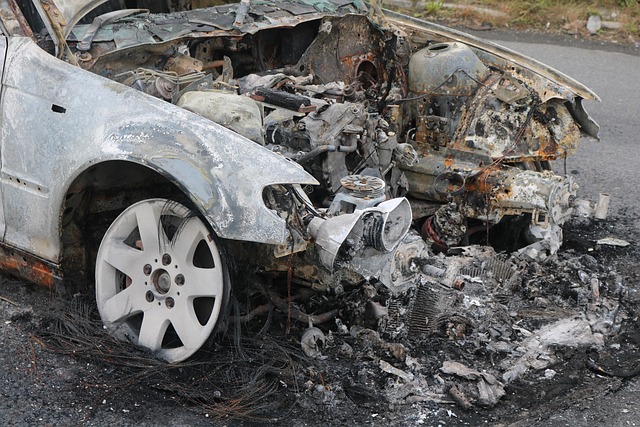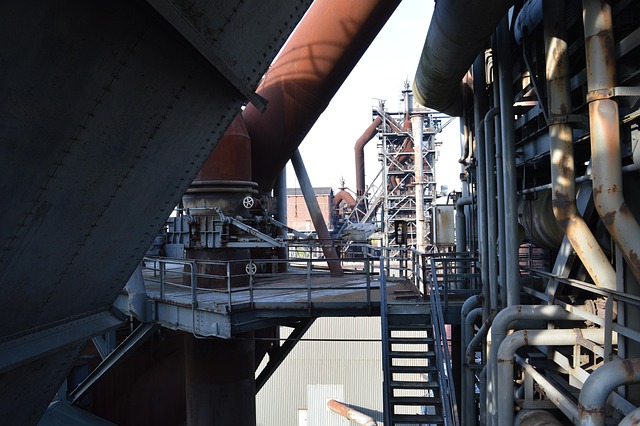Boston and New York City lead in battery recycling innovation, transforming waste into resources. Strict laws, advanced tech, and collaboration between institutions drive this initiative, recovering lithium, nickel, cobalt, and other materials from used batteries. This approach minimizes pollution, creates jobs, and fosters a circular economy, setting a sustainable future for battery recycling in Boston NY and beyond.
In Boston, a quiet revolution is transforming the way we handle spent batteries. This city has emerged as a leader in battery recycling, turning end-of-life energy storage devices into valuable materials that power new technologies. From innovative processes to substantial economic and environmental benefits, Boston’s approach offers a blueprint for expansion. This article explores how Boston’s battery recycling efforts inspire similar initiatives in New York and beyond, highlighting the potential for a greener future powered by sustainable resource management.
- Boston's Battery Recycling Revolution: An Overview
- The Process: From Old Batteries to New Materials
- Economic and Environmental Benefits of Battery Recycling
- Future Prospects: Expanding Battery Recycling in NY & Beyond
Boston's Battery Recycling Revolution: An Overview

Boston is at the forefront of a revolution in battery recycling, transforming waste into valuable resources. This initiative not only benefits the environment but also positions the city as a leader in sustainable practices. The process involves sophisticated technologies and dedicated programs to disassemble and extract materials from used batteries, which are then reused or recycled. One notable aspect is the collaboration between various institutions, including Boston College students and Boston University researchers, who contribute their expertise to optimize recycling methods.
The ma state battery recycling laws have played a pivotal role in fostering this revolution. These regulations encourage and facilitate the responsible management of battery waste, ensuring that materials like lithium, nickel, and cobalt are recovered efficiently. Boston’s approach has garnered attention from across NY, inspiring other cities to adopt similar strategies for sustainable battery disposal and resource recovery.
The Process: From Old Batteries to New Materials

In Boston and New York City, the process of transforming old batteries into valuable materials is a burgeoning initiative in the realm of sustainable disposal. Battery recycling centers, such as those found across Massachusetts and NYC, play a crucial role in this effort. The journey begins with the collection of used batteries, including both standard and rechargeable varieties, from various sources like households, businesses, and electronic waste recycling programs. These collected batteries are then carefully processed to ensure safety and maximize resource recovery.
The actual process involves several stages: disassembly, sorting, and purification. Disassembly breaks down the batteries into their individual components—metal casings, electrical connections, and chemical compounds. Sorting separates these components based on material type and value, while purification techniques refine them further for reuse in new products. The end result is a range of valuable materials, including metals like lithium, cobalt, and nickel, as well as plastic and glass, all of which can be integrated into new manufacturing processes, reducing the need for virgin resources and contributing to a more sustainable future in battery recycling Boston NY and beyond.
Economic and Environmental Benefits of Battery Recycling

Battery recycling in Boston and New York brings about significant economic and environmental benefits. On an economic front, the process enables the recovery of valuable materials such as lithium, cobalt, nickel, and manganese, which can be repurposed in various industries, reducing the need for mining and enhancing local job creation. According to recent studies, recycled batteries can yield substantial financial gains, with some materials commanding high prices on global markets. This is especially true for lead acid batteries, which are commonly recycled in both Boston and New York.
Environmentally, battery recycling minimizes the ecological footprint associated with extracting raw materials and disposing of waste. Recycling lead acid batteries nearby or at department stores across NY, for instance, significantly reduces pollution levels, water contamination, and greenhouse gas emissions compared to landfilling or incineration. Businesses in NYC can play a crucial role by participating in comprehensive battery recycling programs, ensuring that end-of-life batteries are properly managed and contributing to the overall sustainability of the region.
Future Prospects: Expanding Battery Recycling in NY & Beyond

As Boston leads the way in sustainable practices, the future prospects for battery recycling in NY and beyond look promising. The success of local initiatives, such as those at Boston University, demonstrates the potential to transform waste into valuable resources. Expanding these programs could significantly impact the environment by reducing the strain on landfills and minimizing the extraction of raw materials.
New York City, with its bustling eco-conscious community, is well-positioned to follow suit. Encouraging residents to participate in nyc eco-conscious battery drop-off programs can contribute to a circular economy. By recycling lead acid batteries nearby, communities can ensure that these valuable components are reclaimed and repurposed, fostering a more sustainable future for all.
Boston’s leadership in battery recycling is not just a local success story but a shining example for cities worldwide. By transforming end-of-life batteries into valuable materials, this initiative offers both economic and environmental benefits. As we look to the future, expanding these efforts beyond Boston and across New York state holds immense potential to reduce electronic waste and foster a more sustainable economy. Battery recycling is a game-changer, revolutionizing how we handle these essential components, and paving the way for a greener tomorrow.














